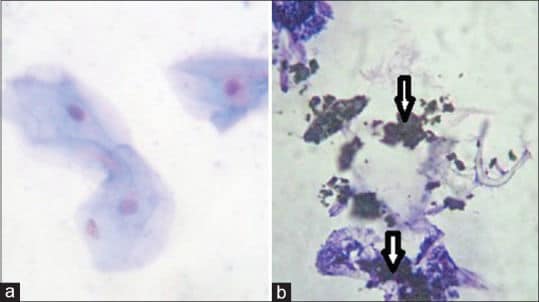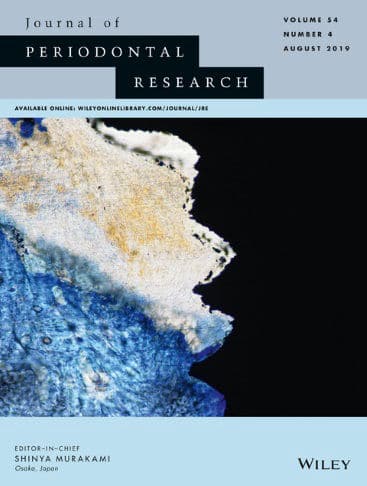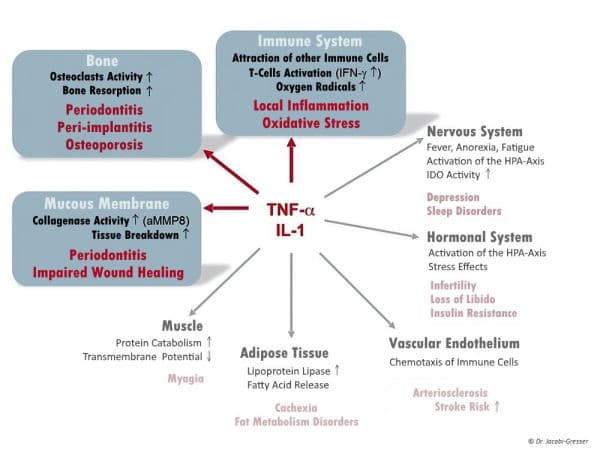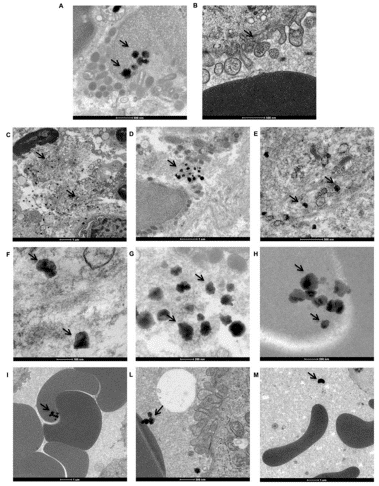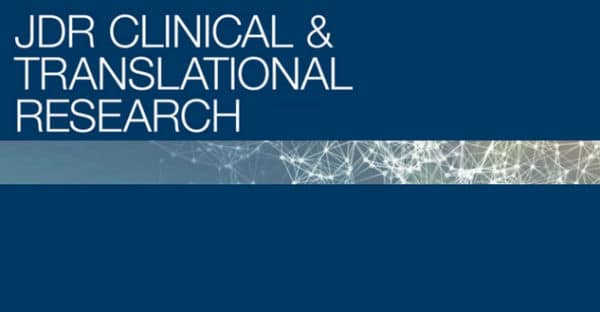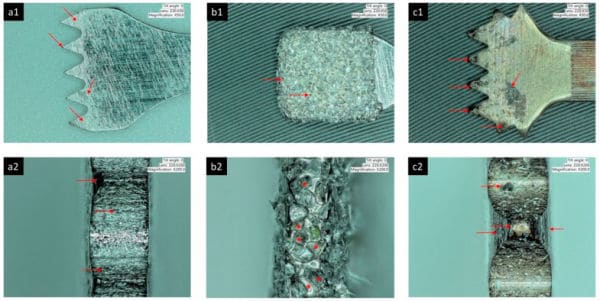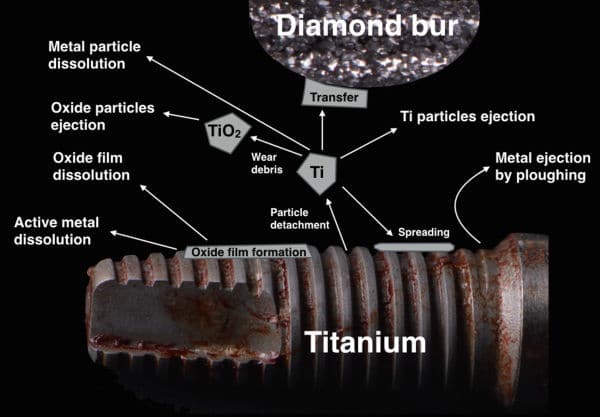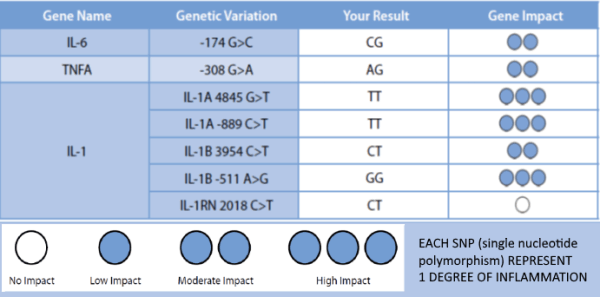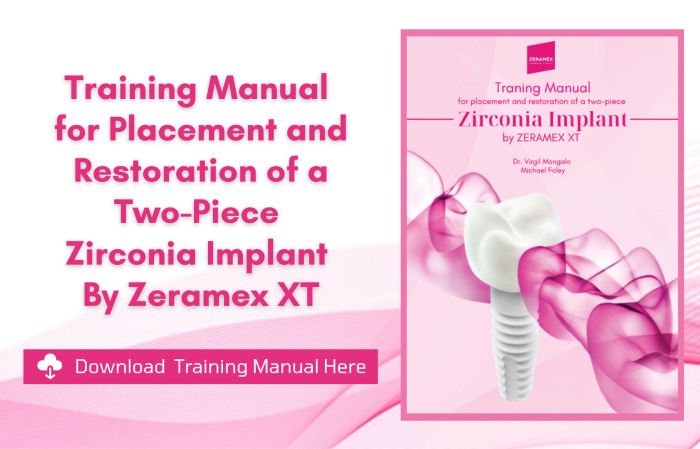To evaluate the presence of titanium particles in the peri-implant mucosa of unloaded single implants.
Tag Archives: Emerginnova
All DTI (Dental Titanium Implant)-FDOJ (Fatty Degeneration with Osteonecrosis of the Jaw) samples showed RANTES/CCL5 (R/C) as the only extremely overexpressed cytokine. DTI-FDOJ cohort showed a 30-fold mean overexpression of R/C as compared with a control cohort of 19 healthy JB samples.
Titanium particles/ions detected in peri-implant tissues have been considered as a potential etiologic factor for crestal bone loss around oral implants. However, the definite impact of titanium wear particles on the health of surrounding structures remains undetermined.
Peri-implantitis is a pathogenetically complex clinical picture and, in addition to local effects, has systemic effects depending on individual genetic susceptibility. It has some similarities to periodontitis but differs in the taxonomic biofilm composition and is also involved in foreign body reactions to the implant material.
The aim of this study is to identify the role of titanium nanoparticles released form the implants on the chronic inflammation and bone lysis in the surrounding tissue.
Epigenetic changes are associated with various inflammatory diseases and are influenced by environmental factors. Recent data support an association between titanium dissolution products and peri-implantitis.
Other relevant polymorphisms adversely impacting on bone health can increase the risk of peri-implantitis by affecting the rate of bone turnover, the bone mineral density and the formation of the collagen based bone matrix.
Implant surface characteristics, as well as physical and mechanical properties, are responsible for the positive interaction between the dental implant, the bone and the surrounding soft tissues.
Degenerative changes were reported in macrophages and neutrophils that phagocytosed titanium microparticles, and mutations occurred in human cells cultured in medium containing titanium-based nanoparticles.
A variety of studies have shown the relationship between peri-implantitis and functionally relevant polymorphisms in the genes of cytokines IL-1A, IL-1B, IL-RN and TNFA.
Using genetic testing allows for the allocation of a certain degree of inflammation to the detected combination of alleles.
Patients with degree 3-4 are considered high responders and are thus risk patients for titanium associated inflammatory processes/ loss of implant.
